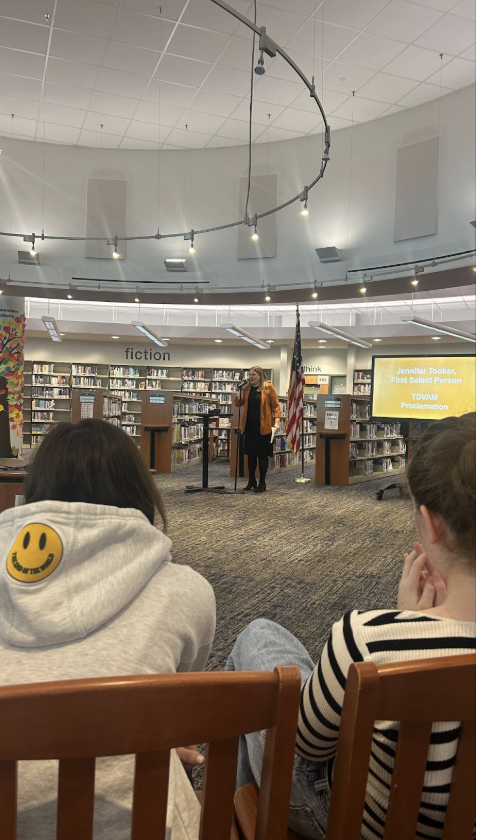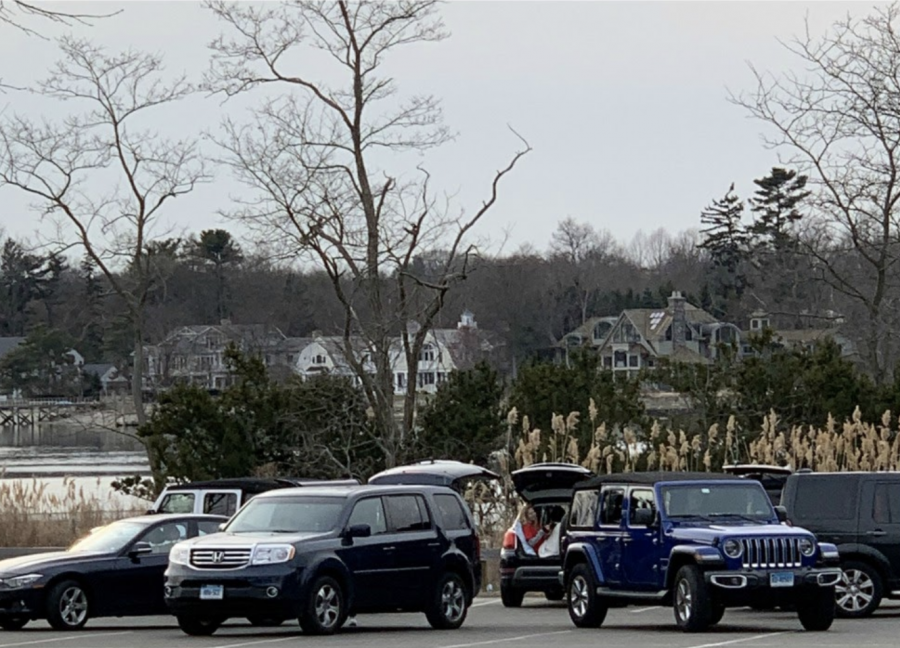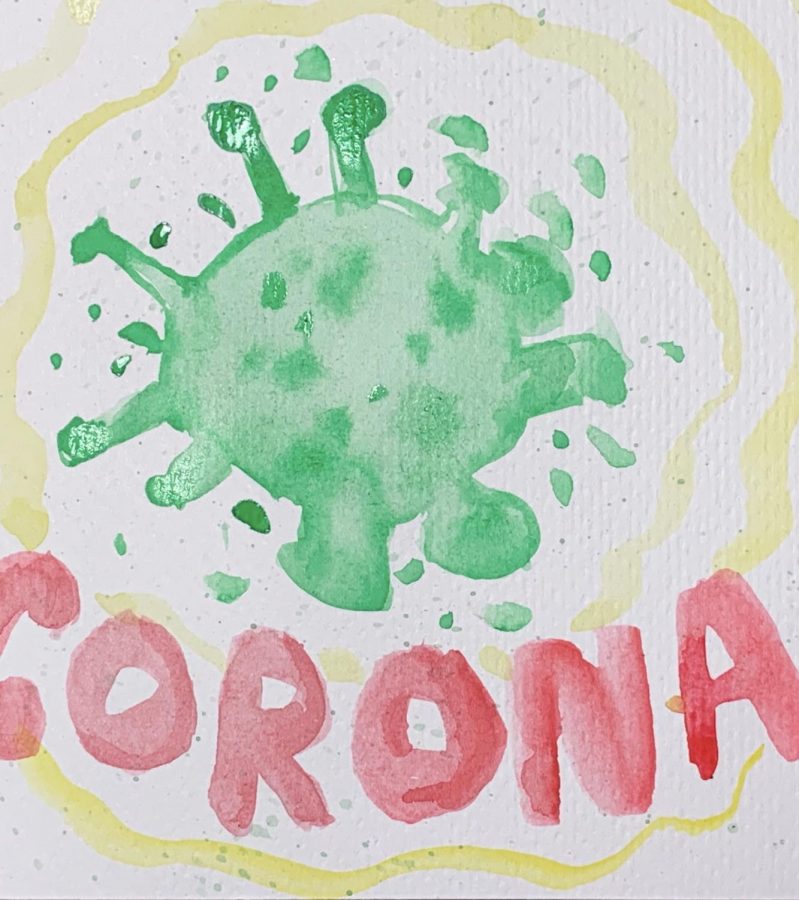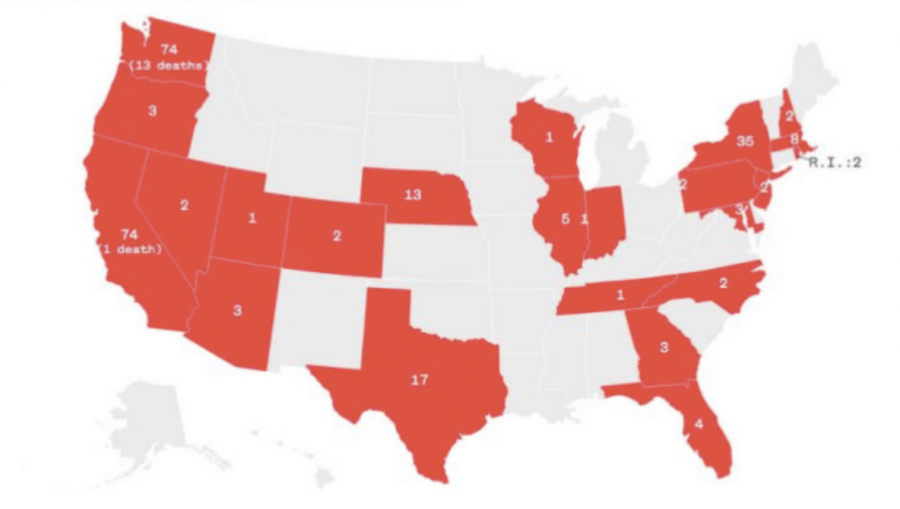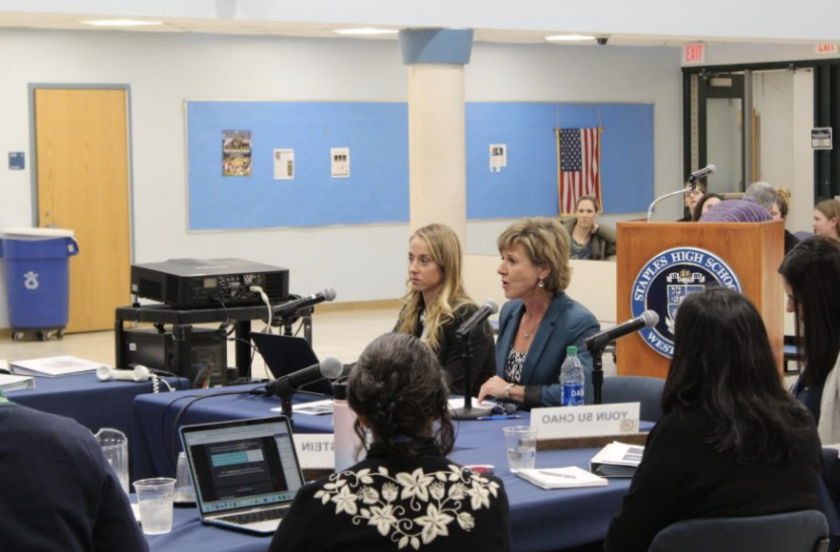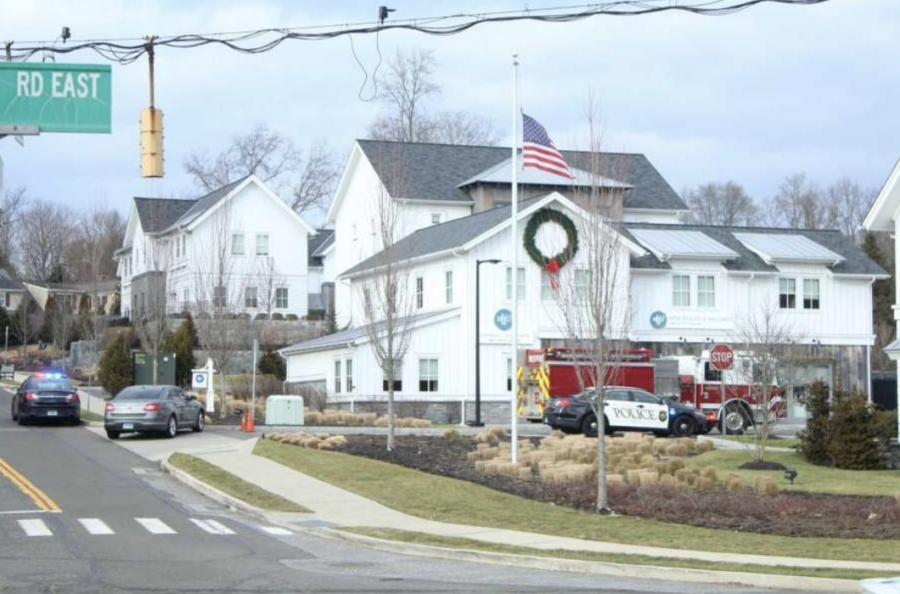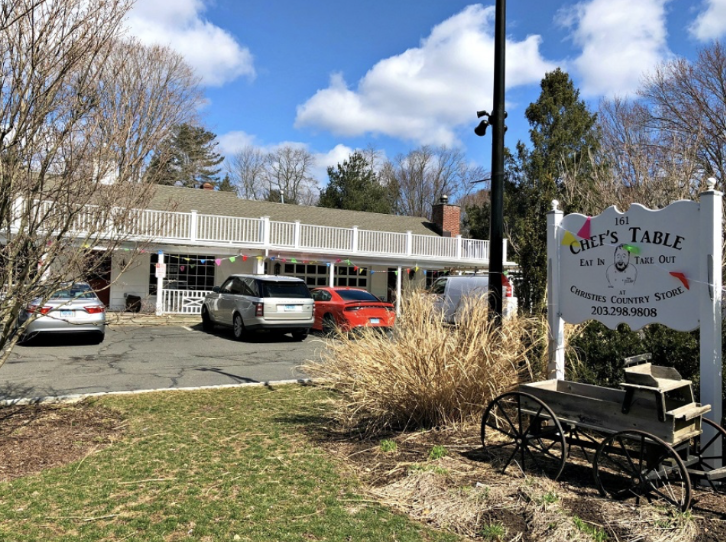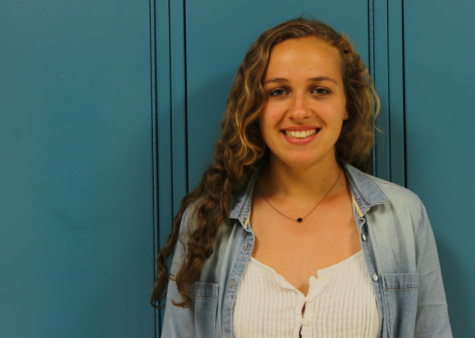Whether you’re looking for an explanation of political efficacy or an overview of “The Great Gatsby,” one website is almost always the top choice.
Wikipedia.
You try to resist the urge to click on that glorious blue link just below the search box, even though it has the exact information, word for word, that you are looking for.
Despite its questionable reputation, Wikipedia is not the wicked witch of the web. According to Staples teachers and staff, it’s not bad at all– if its powers are used correctly.
“Wikipedia has a tremendous amount of information,” Staples librarian Robin Stiles said. “So it’s a great jumping off point for research.”
Stiles explained that Wikipedia is constantly checked and updated by experts in various fields, and that she has personally never seen or heard of anyone receiving false information from the site.
Dustyn Levenson ’14 agreed that while Wikipedia is not completely reliable, it has gotten much better in recent years.
“I remember when I was younge,r I used to always go on Wikipedia and type in random messages to my little sister under the definition of inquiry,” Levenson said, “but nowadays, that would never fly because the content posted is a lot more censored.”
Social studies department head James D’Amico said that it would be simply unrealistic to forbid students from looking at Wikipedia for information.
“Students would use it anyway,” D’Amico said. “It’s a great resource for getting up to speed on a specific topic, but for research, students need to go to the root source.”
Shannon Cardoza ’15 said that she understands why some teachers would discourage students from using Wikipedia, but its overviews are just too convenient to pass up.
“I don’t think Wikipedia is a bad source, it’s pretty helpful for me,” Cardoza said. “It gives me all the basic info I need right away.”
But regardless of how many experts check it and how difficult it is to stumble upon a piece of false information, Wikipedia still has a reputation for unreliability.
“Some people don’t like the idea of crowdsourcing,” D’Amico said. “They think it’s all crazy people. But that’s just not the reality of it.”
D’Amico explained that all sources have bias in them, and Wikipedia is just as accurate as many other non-primary sources.
Despite the fact that technically anyone can edit it, the image that some people have in their minds of evil Wikipedia hackers plotting to provide false information to world– is just not real.
But that is not to say that Wikipedia is always completely correct.
According to physics teacher Sarah Gifford, cross referencing information is crucial for all types of research. While Gifford is no stranger to the side of Wikipedia that explains the phases of planetary nebulae, she values the importance of questioning the credibility of any resource.
“I think a lot of students take Wikipedia as absolutely factual, which is a problem,” Gifford said. “It would be like a little kid picking up a leaf and saying that they have found what all leaves look like.”
D’Amico said that forbidding students from using Wikipedia for information would be like forbidding them from cracking open an encyclopedia at the public library to brush up on some European history terms. While it’s not a citable source, it has an enormous amount of information that students can take advantage of.
“Our job is not to say you can’t use that source but to teach you how to use it responsibly,” D’Amico said.













































